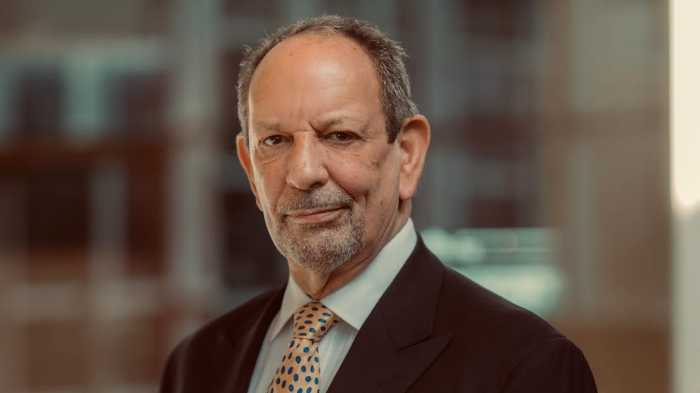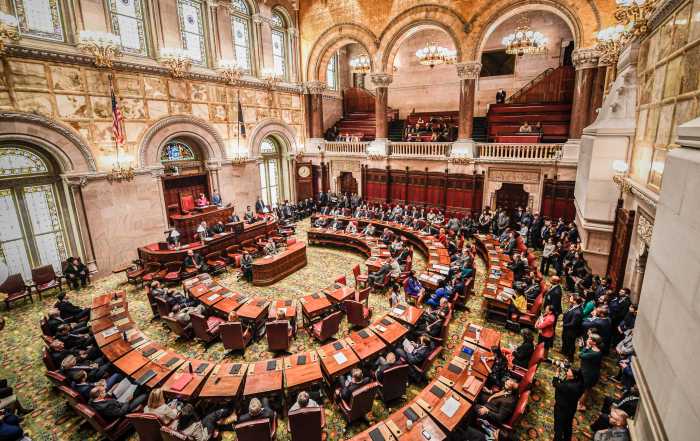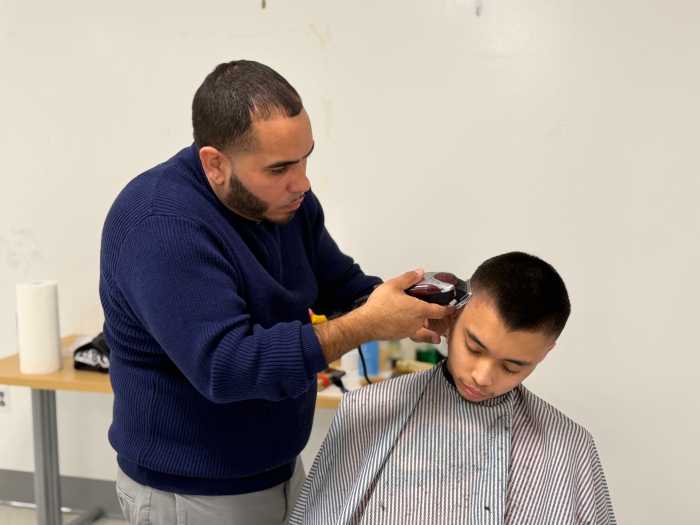Rosanny Duran, 21, always loved numbers.
Math was her favorite subject, she says. At Baruch College she took accounting classes, and calculus, but wanted more numbers. So she studied quantitative modeling.
But Duran, who was born in the Dominican Republic and moved to the Bronx when she was 13, didn’t have professional work or internship experience — until last summer, when she was accepted into a competitive section of the city’s Summer Youth Employment Program, the largest such project in the nation.
What’s a job worth?
Last week, a certain former Baskin-Robbins employee wrote about the value of his first job scooping ice cream in Honolulu.
Now-President Barack Obama was making the case for young people to have summer jobs, which, he argued, build self-confidence and put young adults on the path to lifelong employment.
Obama included money for a summer jobs program in his most recent budget, underscoring the value he places on youth employment. The hope is that Congress will cooperate, though past behavior isn’t promising.
In New York City, which has had some version of a summer jobs program since 1963, the de Blasio administration increased the Summer Youth Employment Program’s budget nearly $15 million in 2015 to grow the number of jobs and also account for hikes in the minimum wage.
More than 130,000 students applied for 54,263 positions in 2015, awarded by a lottery. The application lets students express preferences for jobs, but final assignments come from through providers such as BronxWorks or the Children’s Aid Society. This summer’s application opened this week and closes April 15.
The program has success stories, including Daymond John, the founder of FUBU.
The head of the city agency that runs the program, Bill Chong, is an SYEP alum who grew up in Brownsville, where there were “not many role models for me,” he says. His summer job with a Manhattan non-profit helped him envision different paths, he says, a story echoed by other program alumni.
More than spending money
Youth programs, even when they’re conducted for brief periods over summers, are key in leveling the playing field for those without the advantages of connections.
The program disproportionately employs low-income, often minority students who might have fewer opportunities elsewhere.
A 2014 study of four years of SYEP data conducted by researchers at the Wharton School, the Department of the Treasury and UC Berkeley found that those who had one of the program’s summer jobs had a lower risk of incarceration, and even mortality. The study estimates that around 86 lives were saved by the program between 2005 and 2008.
Less resoundingly positive, the study also found that participation in the program didn’t increase earnings in the three years after employment — in fact, the study found slightly decreased earnings.
Though the conclusions on incarceration and mortality were the starkest findings, the study speculates that the decreased earnings might have to do with the kinds of jobs the students had.
Jobs in offices or in retail might lead to future employment, or allow students to continue working during the school year. But the study found that the majority of the jobs in the program are in a less professional category — temporary work at daycare or summer camps, for example.
Since job placements seem to be “sticky,” some students might return to those jobs or ones like them rather than continuing on to new, higher earning ones, says Judd Kessler of Wharton, one of the authors of the study along with Alexander Gelber and Adam Isen.
Program administrators say they are trying to address this imbalance, and have increased the number of private-sector jobs from 28 percent in 2014 to 35 percent in 2015, including about 150 new partnerships with tech companies such as Pandora, AOL and Medidata.
Companies operating in NYC can do a real service to city life — the whole city, that is — by working with the SYEP to create helpful, beneficial jobs. There’s still time for companies to sign up for this year.
A springboard
Duran, the Baruch student who isn’t scared of math, was accepted for a paid summer internship at Amalgamated Bank last year as part of Ladders for Leaders, the competitive portion of the Summer Youth Employment Program.
She started in the bank’s Community Banking Department, learning about accounts payable and processing invoices. At the end of the internship, Amalgamated offered her a part-time job in the Accounting/Finance department. She’s hoping to parlay that into full-time work when she graduates this spring.
And ultimately?
“I would like to become the CFO of a bank.”
This is amExpress, the conversation starter for New Yorkers. Subscribe at amny.com/amexpress.






































